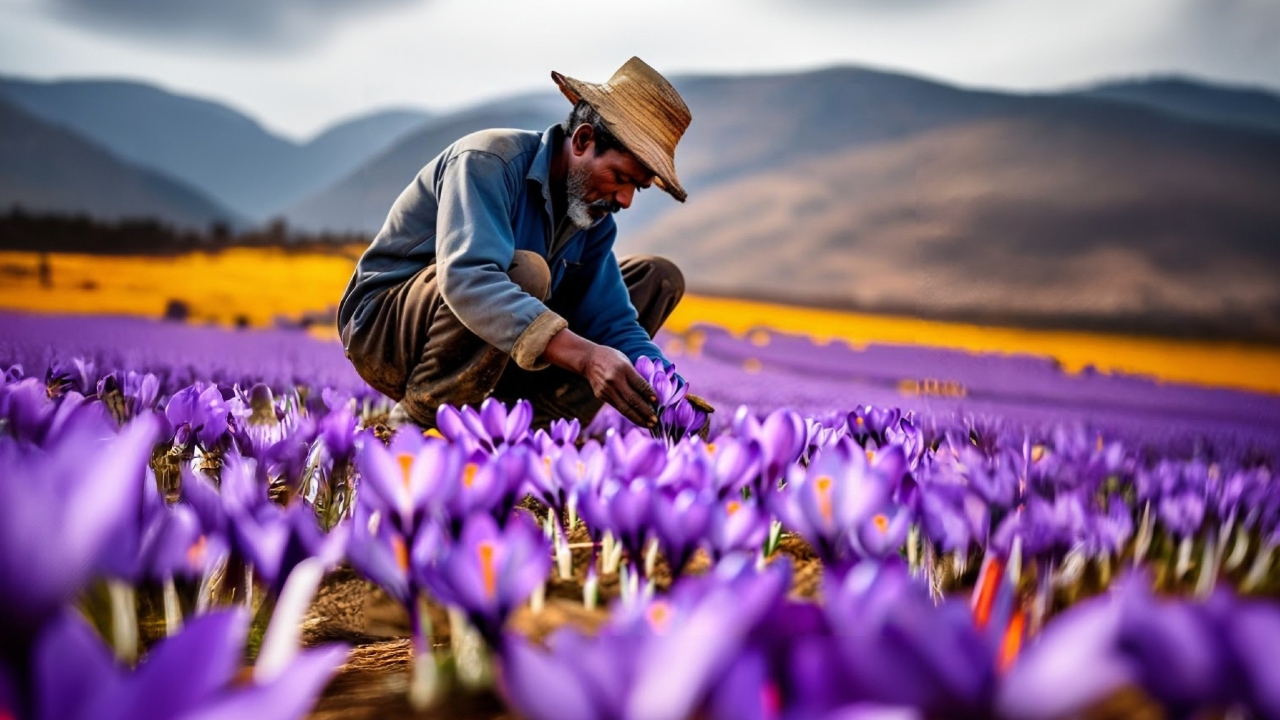
The Advantages of Plant Cell Culture Over Precision Fermentation and Traditional Agriculture
Companies are turning to more advanced production methods as the demand for sustainable, unadulterated, and consistent botanical ingredients grows. Plant cell cultivation and precision fermentation have emerged as leading technologies, each with unique benefits. However, plant cell culture stands out for its key advantages, including the ability to deliver full-spectrum bioactives in a more sustainable and controlled environment.
Here’s why food and health-focused CPG companies should prioritize plant cell culture over precision fermentation and traditional agriculture.
1. Rich Phytocomplex vs. Single Molecule Production
Plant cell culture excels at producing the full-spectrum of bioactives like polyphenols, flavonoids, and other compounds as they are found in nature. These natural synergistic blends are critical to creating potent and effective health and wellness products with known health benefits.
Plant Cell Culture: This method preserves the entire phytocomplex, including compounds like rosavins and salidroside found in Rhodiola rosea, for example. These compounds—used for thousands of years in Traditional Chinese Medicine (TCM)—work together to provide well-established synergistic health benefits such as mood enhancement, improved cognitive function, and decreased muscle fatigue in athletes.
Precision Fermentation: In contrast, precision fermentation specializes in producing a single molecule at high purity, such as salidroside alone. While this technique can be useful for specific applications, it cannot reproduce the holistic effects of full-spectrum products backed by years’ worth of scientific evidence and usage.
For brands focused on providing rich, holistic botanical benefits, plant cell culture offers a more effective solution over precision fermentation.
2. Consistency, Purity, and Sustainability
Sourcing botanicals from traditional agriculture is fraught with challenges. Climate change, soil conditions, and inconsistent harvests lead to fluctuations in the potency and availability of botanical ingredients. Wildcrafted ingredients, like Rhodiola rosea, are increasingly experiencing habitat loss and being overharvested, landing them on the Convention on International Trade in Endangered Species of Wild Fauna and Flora (CITES) appendices. Species on this list receive protected status to ensure their survival. This protection, in the form of highly regulated global trade, often means wildcrafted botanicals on this list are difficult to access.
Traditional Agriculture: Farming botanicals is a lengthy process (often taking years to cultivate a single crop) that is vulnerable to unpredictable weather patterns, pesticides, and heavy metals.
Plant Cell Culture: Plant cell culture offers a fully controlled production environment, free from contaminants, pesticides, and pests. This technology ensures a consistent supply of bioactives with stable pricing while also minimizing land use and conserving natural habitats. Plant cell culture also has the added advantage of being unconstrained by geography, which could decrease reliance of product transport from remote regions.
The advantages of plant cell culture can ensure brands a steady and sustainable supply of traceable and potent bioactives.
3. Faster and Scalable Production
The major advantages of alternative production methods are the speed and scalability they offer compared to traditional farming.
Precision Fermentation: While the rapid growth rates of microbes allow precision fermentation platforms to produce bioactives relatively quickly (in about two weeks), plant enzymes often perform sub-optimally in heterologous (i.e., non-native) systems. Therefore, the initial R&D for microbe design can take 2+ years, followed by a scale-up process that may require an additional 2-3 years in extreme cases.
Plant Cell Culture: Plant cell cultivation offers a potentially faster path to market. Plant cell line development takes around 9-12 months, and extensive multi-omics testing may add 3-6 months in some cases. Scaling-up a plant cell culture takes about a year. But once optimized, production runs can be completed in just two weeks, matching the speed of precision fermentation.
For CPG companies looking to bring products to market quickly and efficiently, plant cell culture offers a more agile and reliable option.
4. Non-Genetically Modified Organism (non-GMO) vs. GMO Flexibility
Many CPG brands, especially those targeting clean-label and natural markets, require ingredients to be devoid of GMOs.
Plant Cell Culture: This method can be conducted with or without genetically modifying the cells, offering brands flexibility to align production methods with their values.
Precision Fermentation: Precision fermentation relies on genetically modified microbes to produce the desired molecule. While the final product can be separated from the microbe, this reliance on genetic engineering can be a hurdle for brands that require non-GMO solutions.
Both GM and non-GM options exist for plant cell culture. Therefore, brands can produce high-quality bioactives while meeting consumer demand for natural, non-GM products.
5. Alignment with Consumer Demands
Consumer preferences are shifting towards clean-label, sustainable ingredients across the food, beverage, and supplement sectors. Plant cell culture meets these trends by offering a solution that is:
Sustainable: By reducing land use and protecting endangered species, plant cell cultivation provides a reliable source of bioactives without depleting natural resources.
Clean-Label: Traceable and free from pesticides, heavy metals, and contaminants, ingredients from plant cell culture meet the highest purity standards.
Future-Proof: With consistent production cycles and flexibility to scale up or down, companies using plant cell culture can meet consumer demands consistently from year to year.
Culturing Plant Cells – The Future of Botanical Ingredients
When evaluating plant cell culture against precision fermentation and traditional agriculture, the advantages are clear. Plant cell cultivation is the future of botanical ingredient production for companies looking to provide full-spectrum bioactives, maintain consistent quality, and embrace sustainability. At Ayana Bio, we are pioneering this technology to bring the best of plant bioactives to the market—without the significant environmental toll.
By selecting plant cell culture, you are investing in a superior method for producing potent bioactives and contributing to a more sustainable and reliable future for health and wellness products.
 BACK
BACK